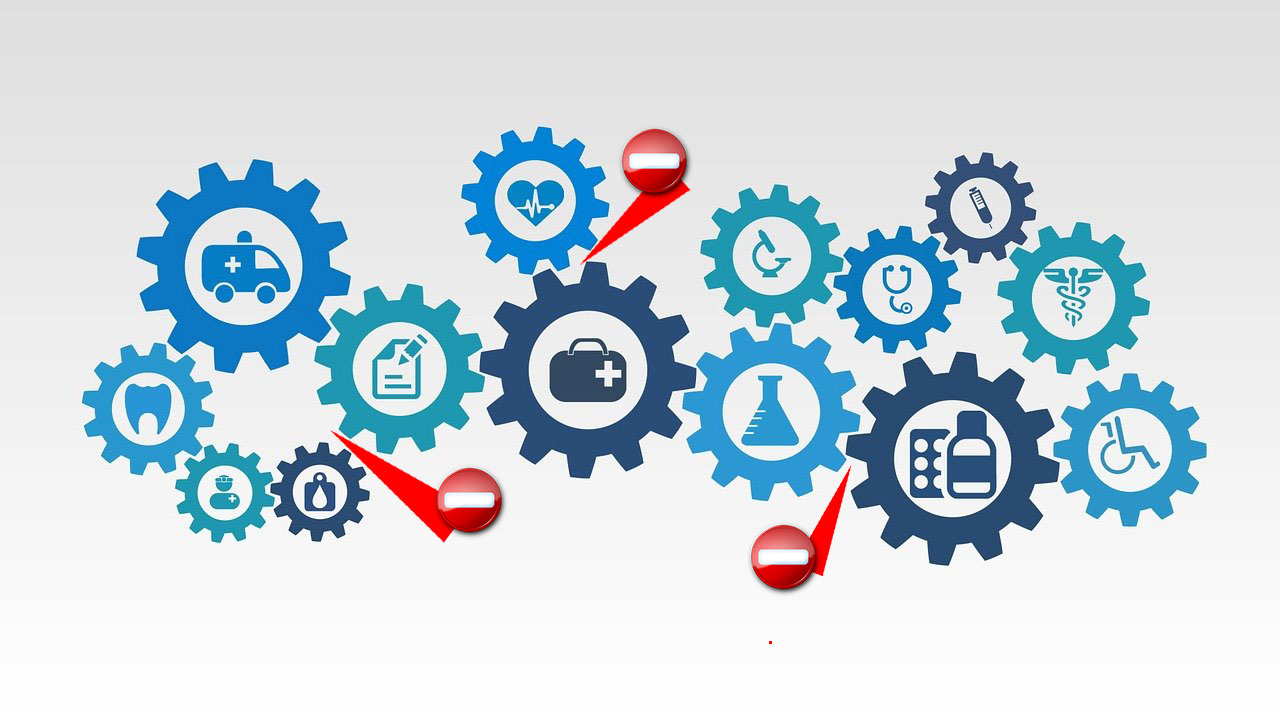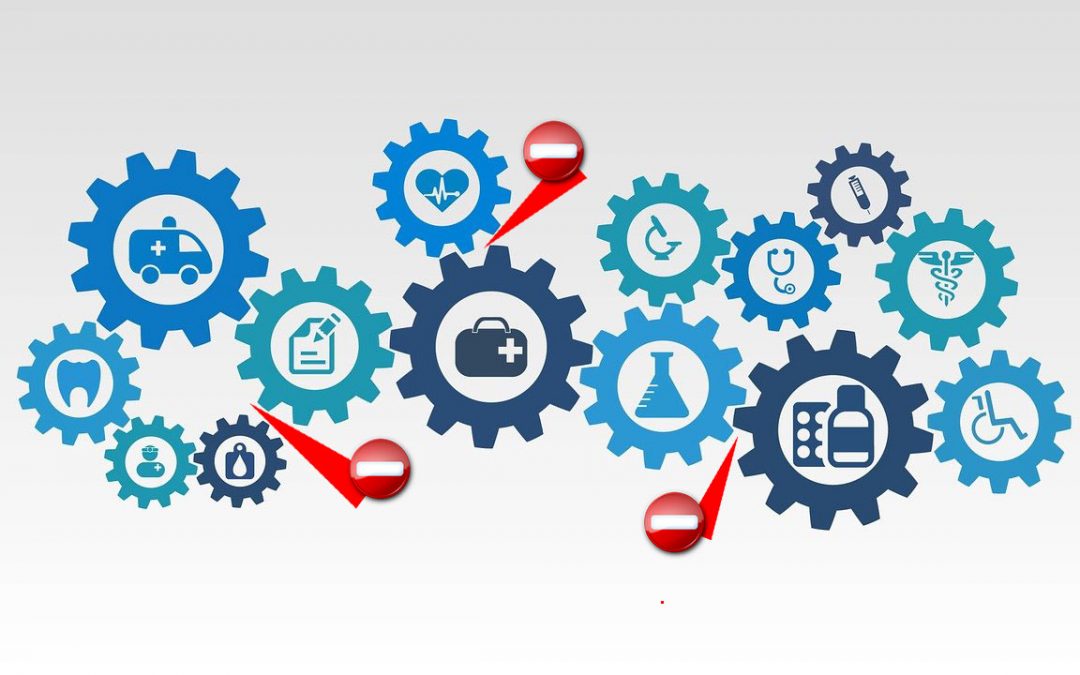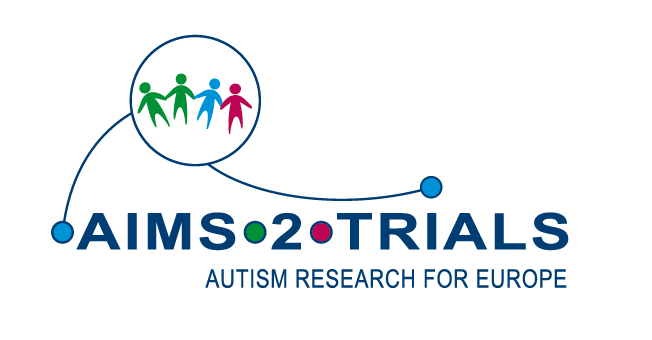A recently-published systematic review aimed to identify the range of healthcare barriers faced by autistic people across their life span. This work was carried out by a team of researchers that included Joaquín Fuentes of the AIMS-2-TRIALS consortium.
Background
Autism is associated with a wide range of developmental, mental health and physical health difficulties (including but not restricted to ADHD, depression, anxiety and epilepsy) with each autistic person experiencing a different set of autistic and co-occurring characteristics. Adaptive and accessible health services for autistic people are therefore vital, but evidence suggests that many autistic people experience barriers. Understanding these barriers is important in order to improve healthcare experiences for autistic people.
 What happened in this research?
What happened in this research?
Researchers reviewed research articles and ‘grey literature’, which includes other types of publications, to identify healthcare barriers faced by autistic people across their life span, the search was not limited to geographical location.
The review included the following areas:
- Identifying the most common barriers to healthcare access.
- Separately identifying barriers encountered during childhood, in transition to adulthood and those experienced in adulthood.
- advances in research/program development for better healthcare access.
What were the outcomes of this research?
This research review led to the following recommendations to improve healthcare access for autistic people:
- Identify healthcare needs and barriers to healthcare access encountered by sub-populations, particularly under-served populations.
- Strengthen medical training to improve standards of care for autistic people.
- Continue to develop programs that improve public awareness of autism to aid early screening and diagnosis and facilitate access to healthcare.
- Promote research into and the uptake of tools for autism screening, diagnosis, and treatments (including genetics, sub-typing and biomarkers).
- Understand specific healthcare needs of autistic people in lower resource countries.
- Conduct longitudinal studies in diverse populations to understand the lifetime health, social, and economic impacts of autism.
Barriers explored included shortage of services, cost of services, unclear referral pathways, communication difficulties with physicians, limited awareness of the healthcare needs of autistic people at different stages of life and stigma.
Why is this important for autistic people?
Understanding barriers to accessing healthcare for autistic people is important to highlight where improvements are needed. Information can then be communicated to relevant organisations, including healthcare, government agencies, research funders and researchers themselves. In turn, this could lead to improvements where they are necessary, and help autistic people to receive better quality healthcare.
Find the full paper here.
Malik-Soni, N., Shaker, A., Luck, H., Mullin, A. E., Wiley, R. E., Lewis, M. E. S., Fuentes, J. and Frazier, T. W. (2021). Tackling healthcare access barriers for individuals with autism from diagnosis to adulthood. Pediatric Research. Published 25th March, 2021.
With thanks to Joaquín Fuentes for support with writing this summary.








